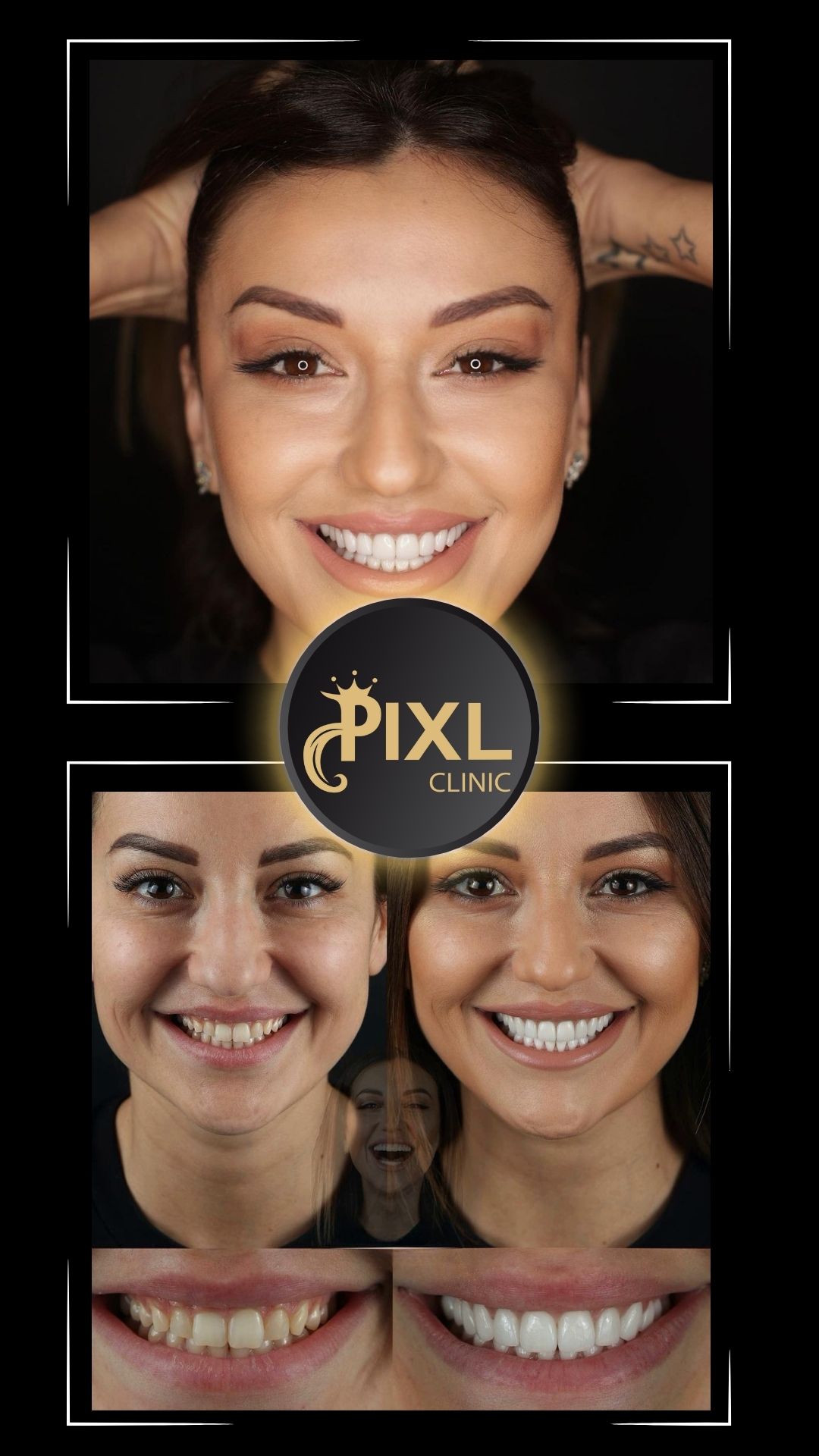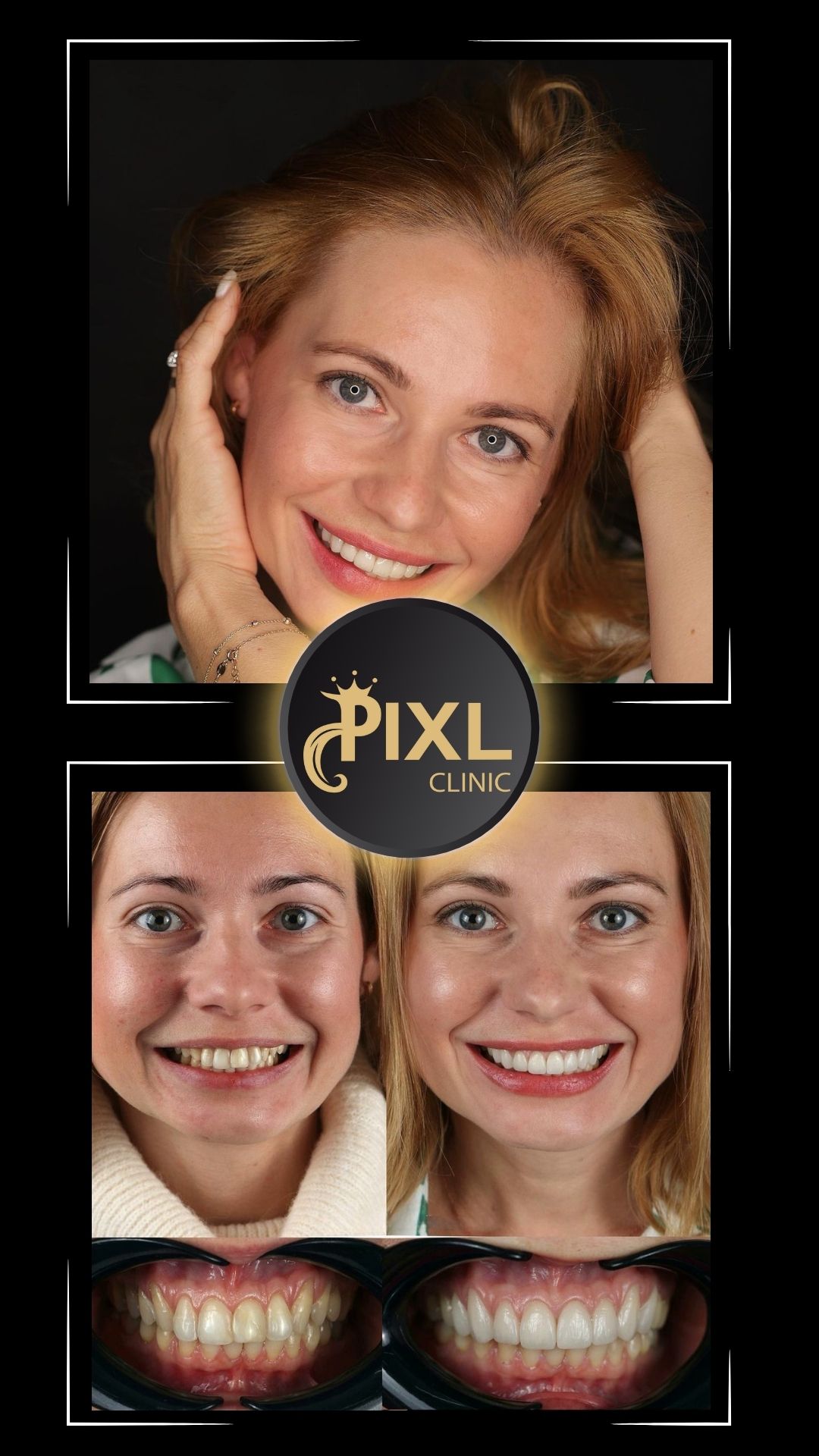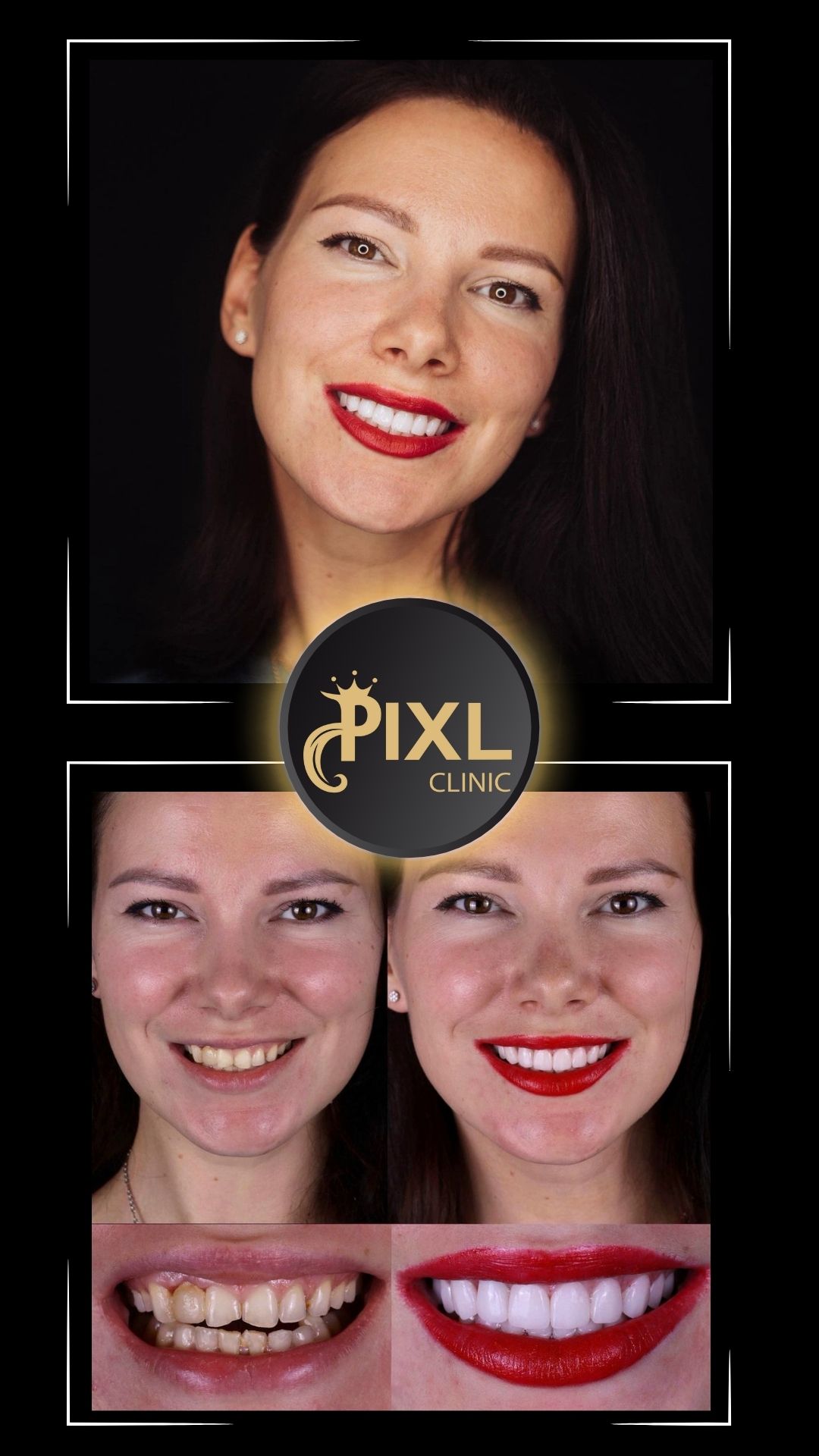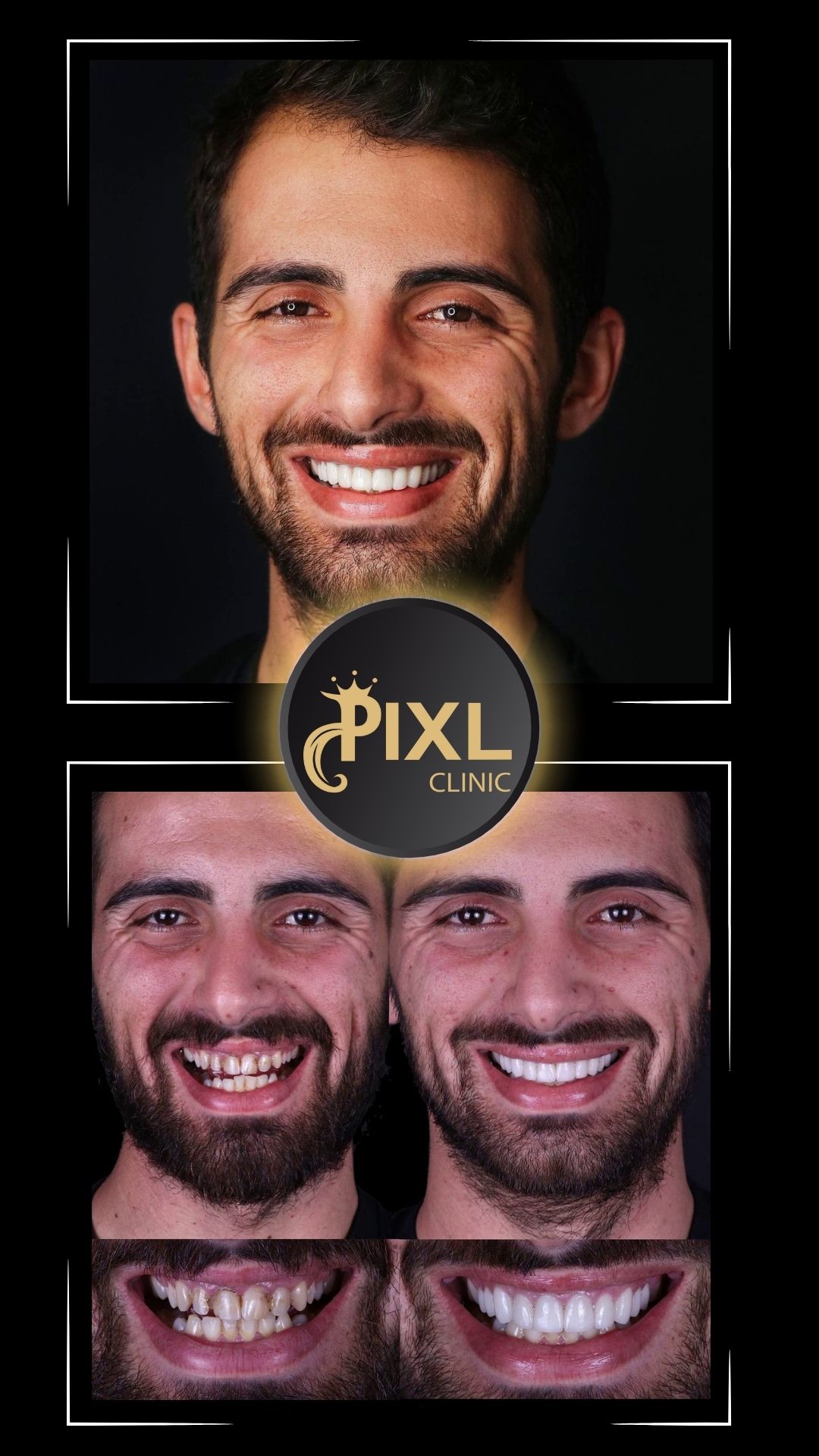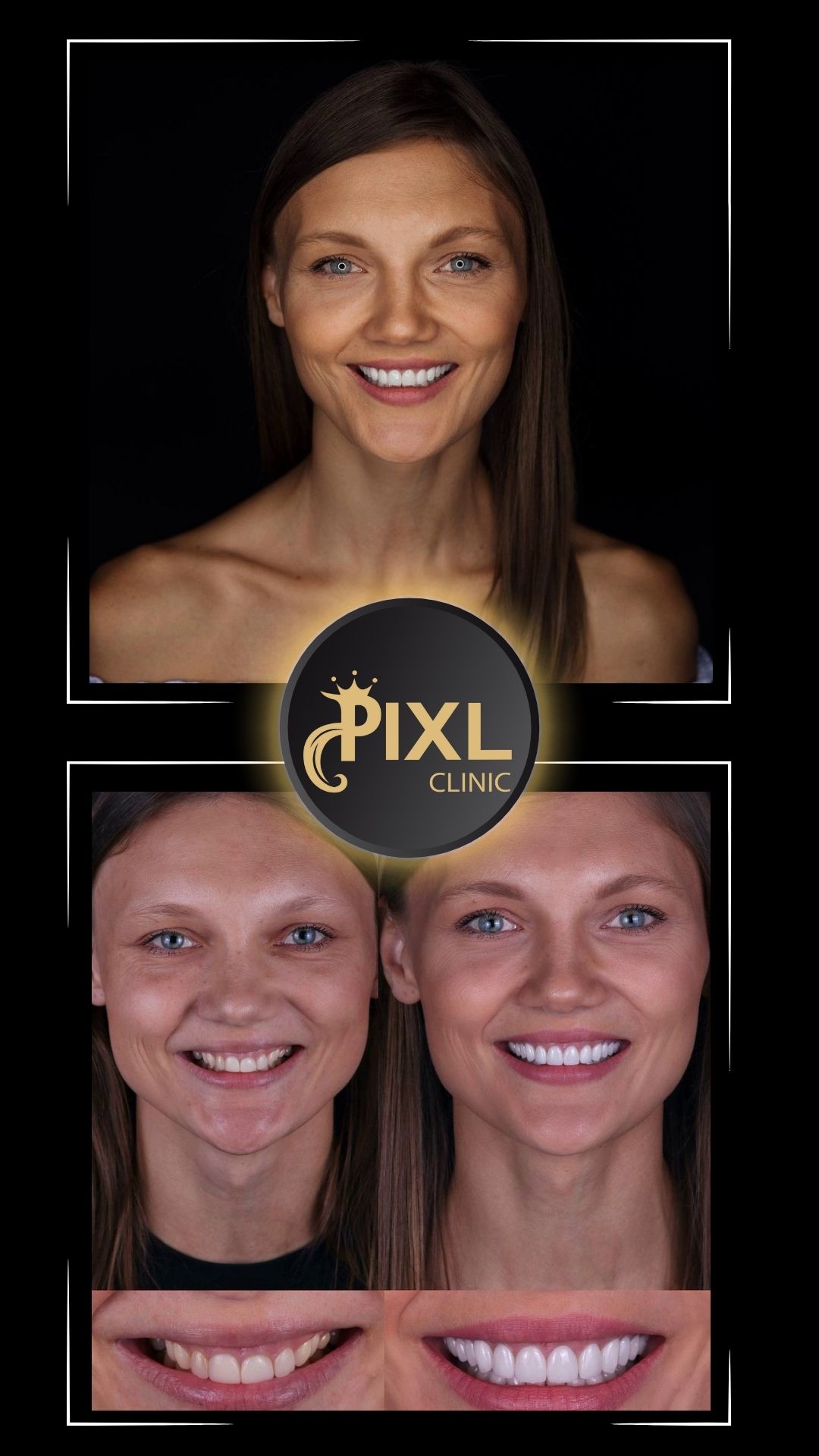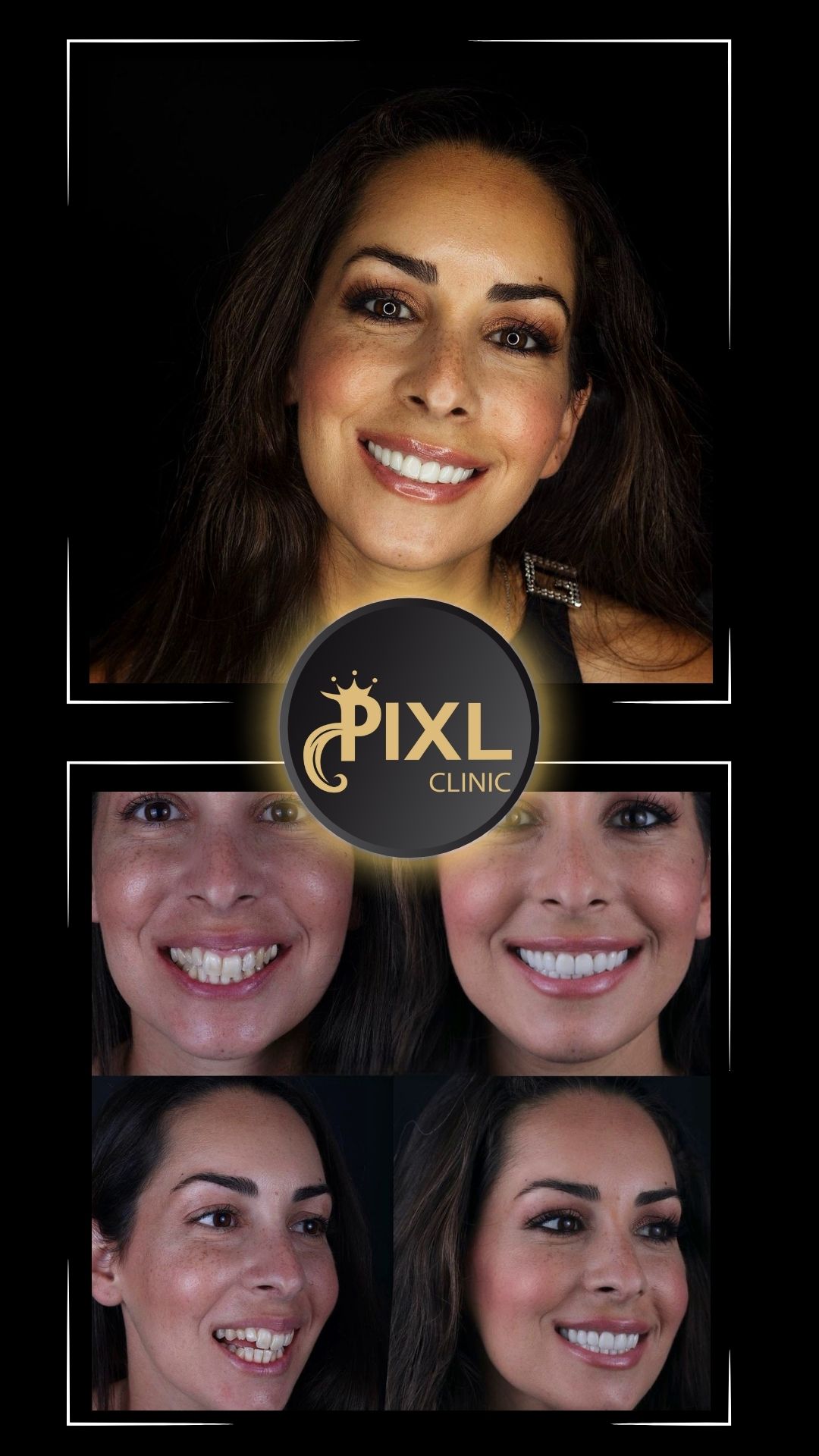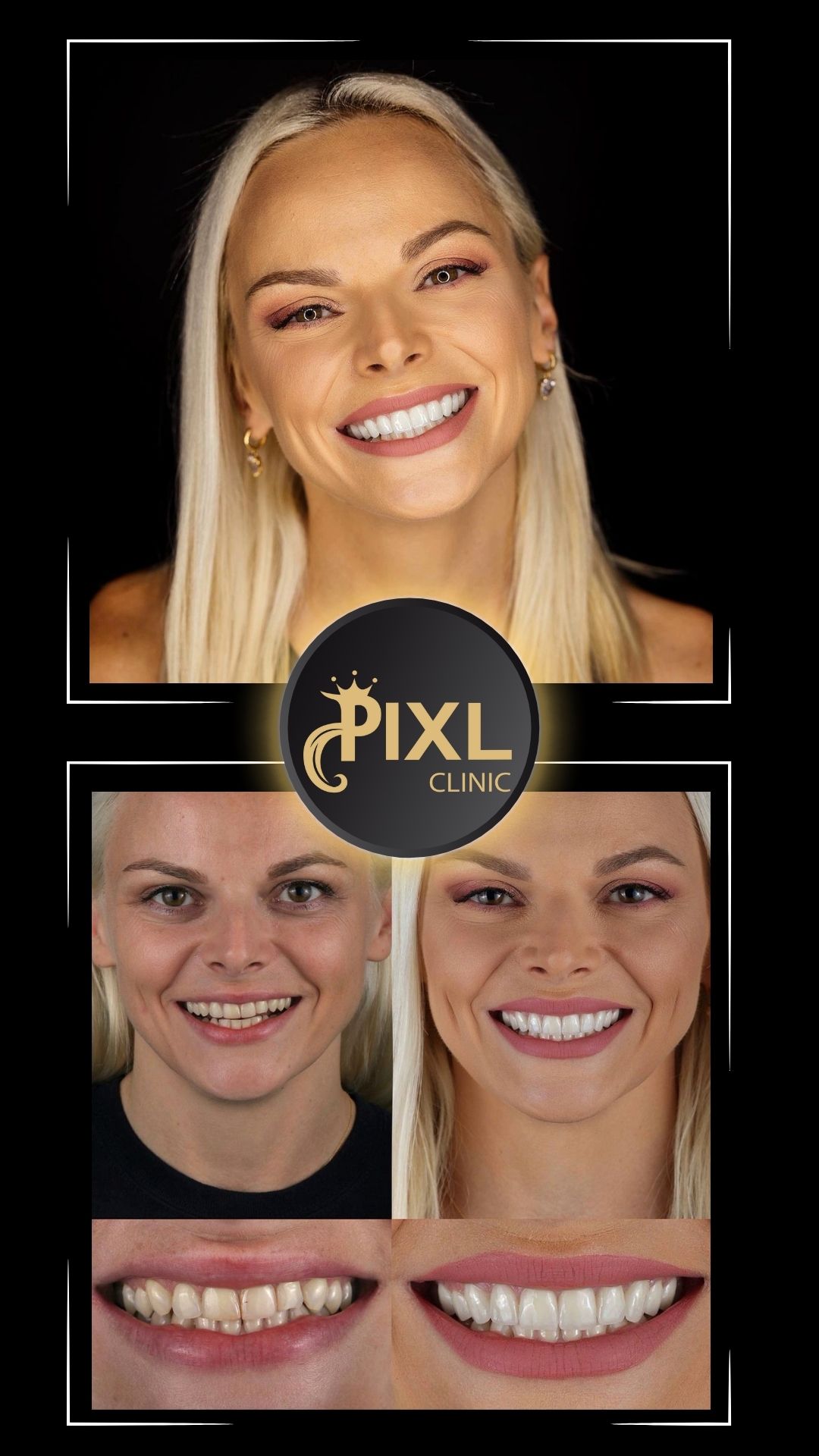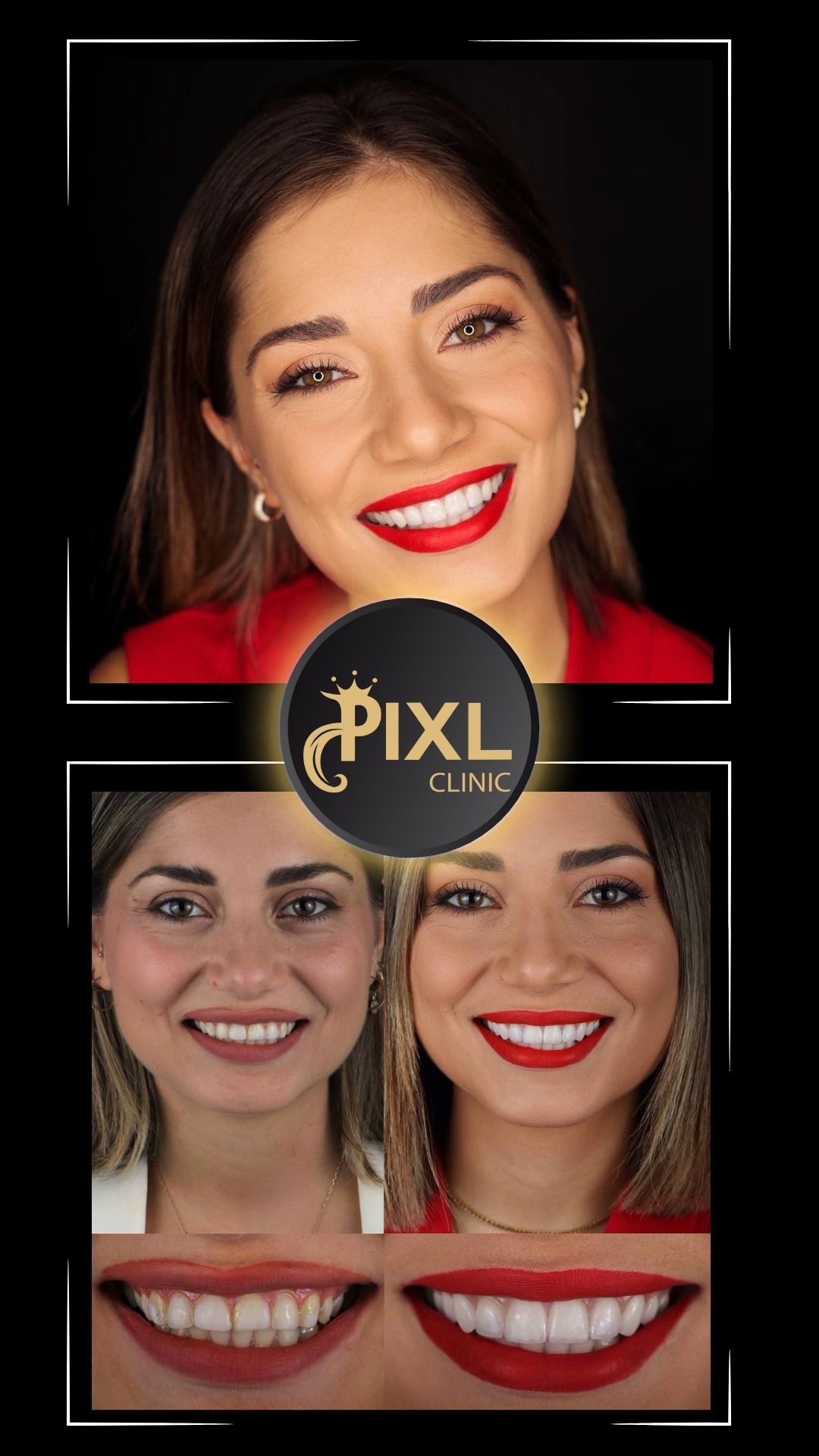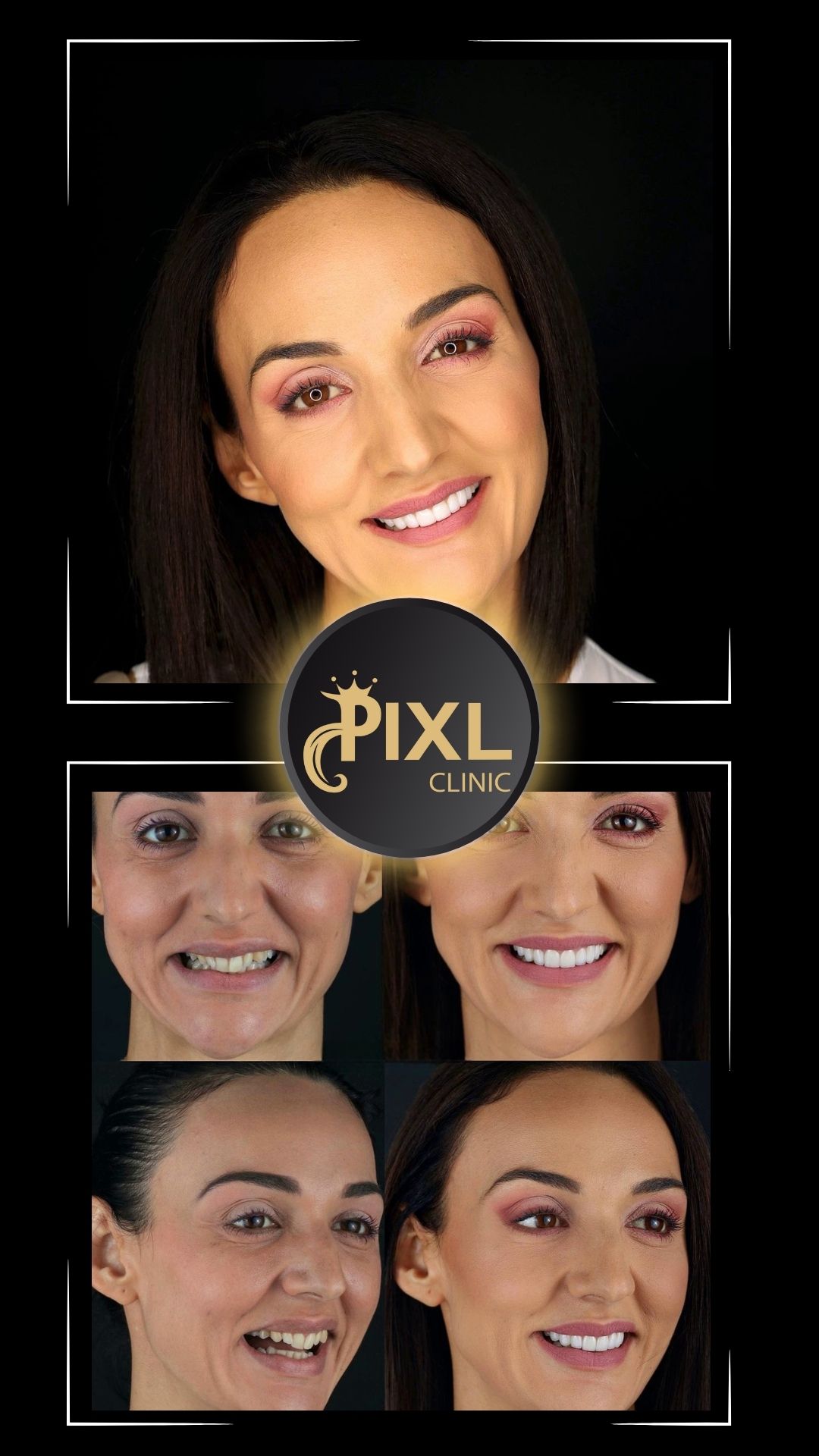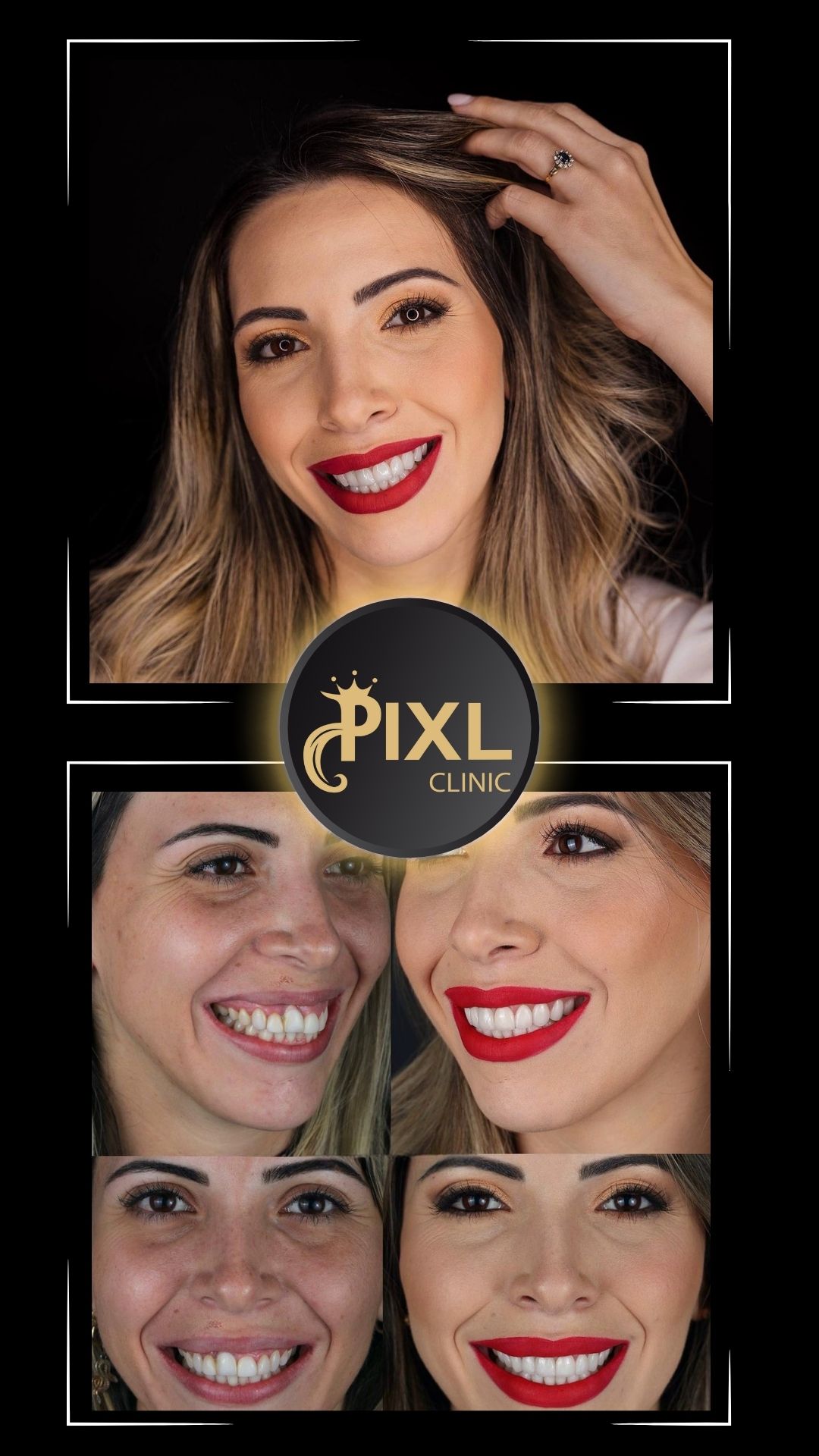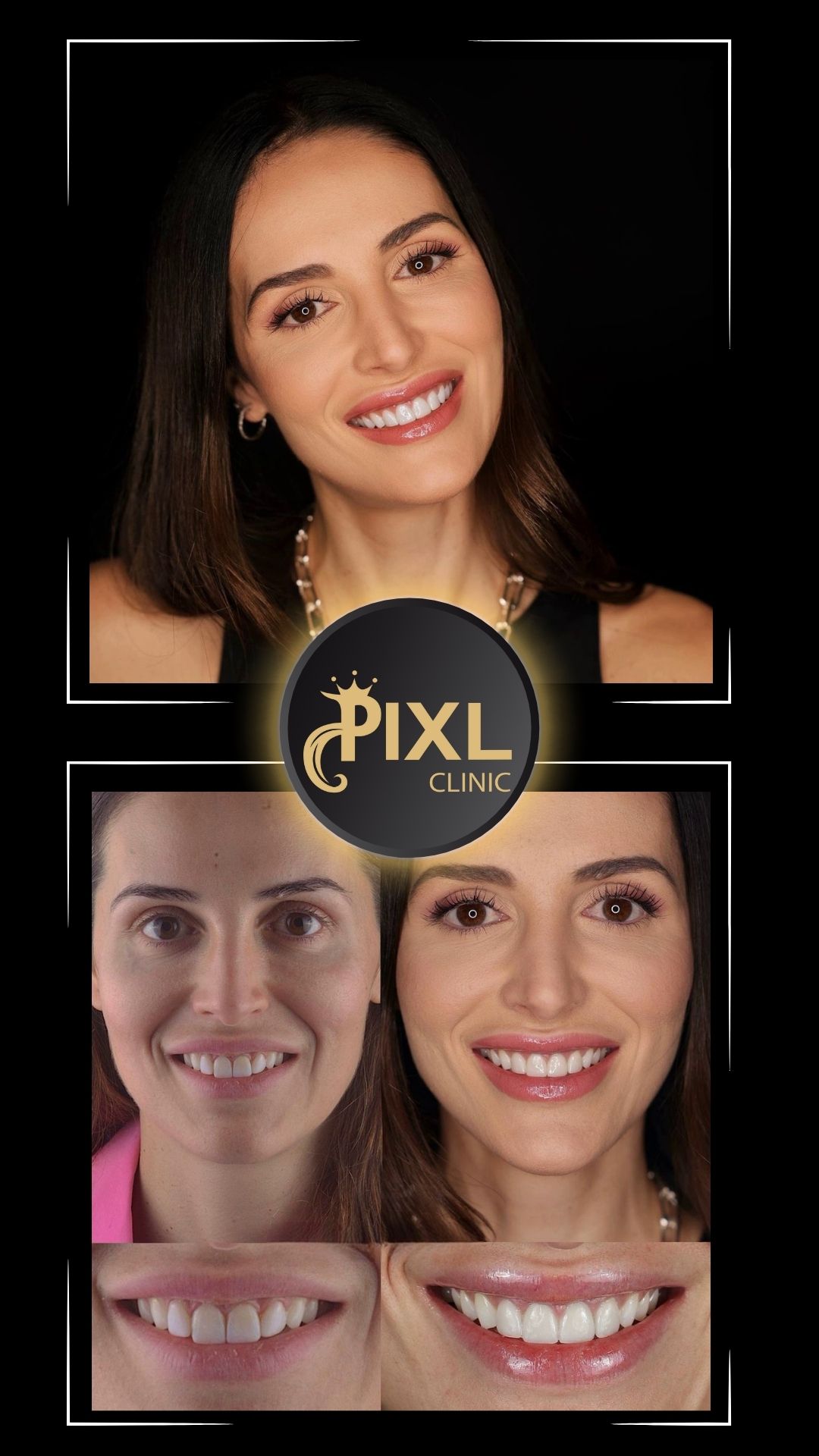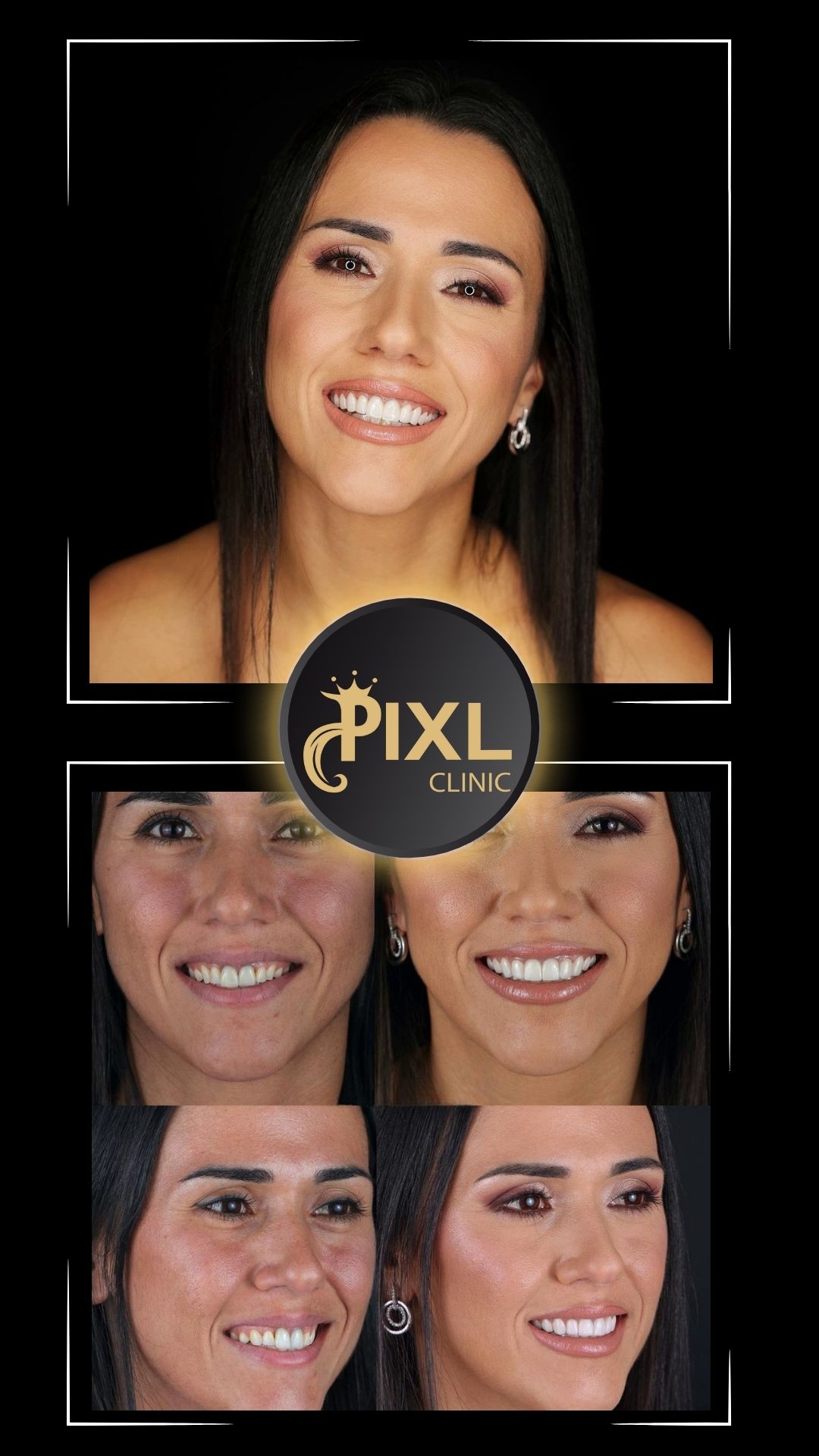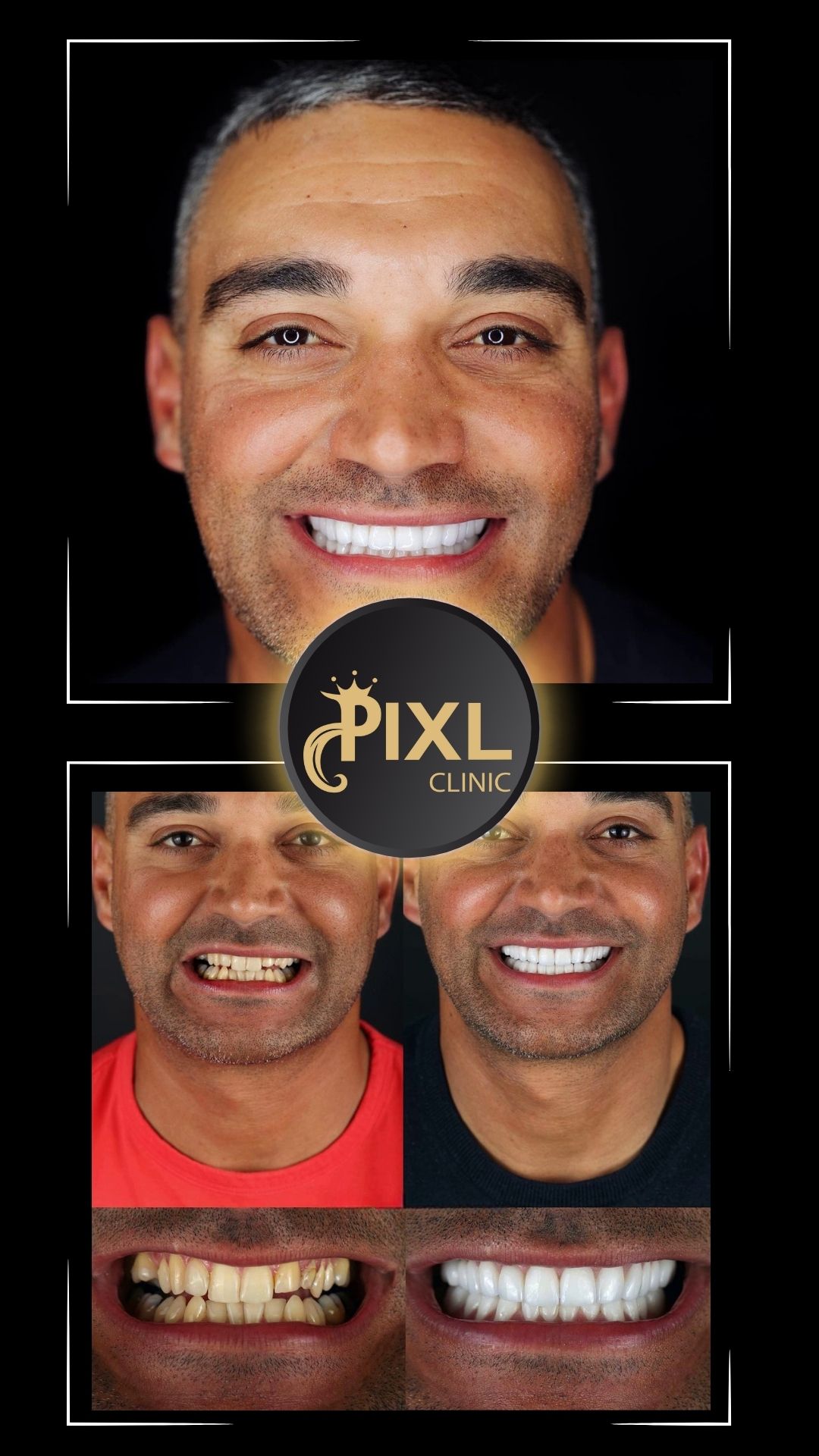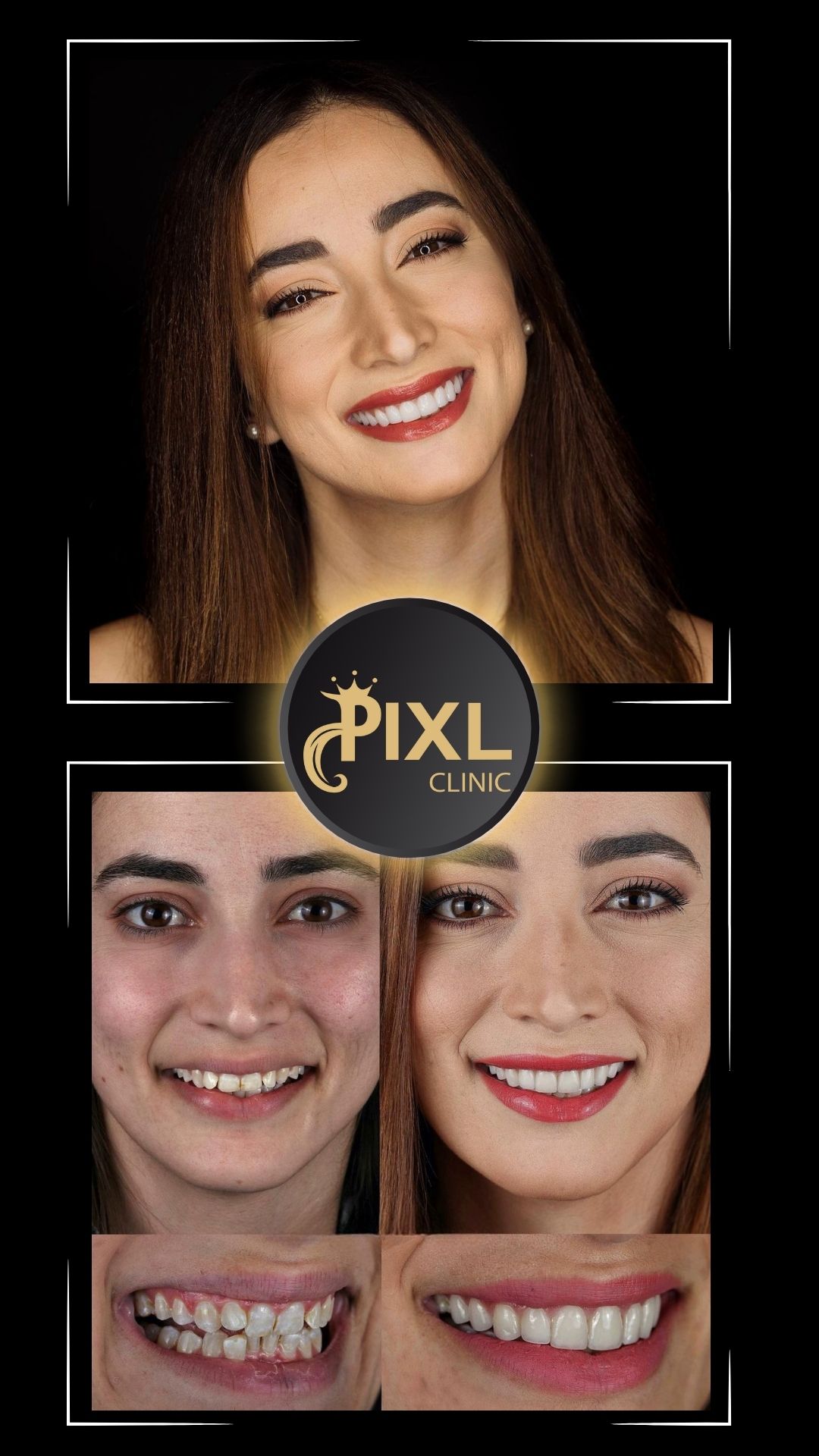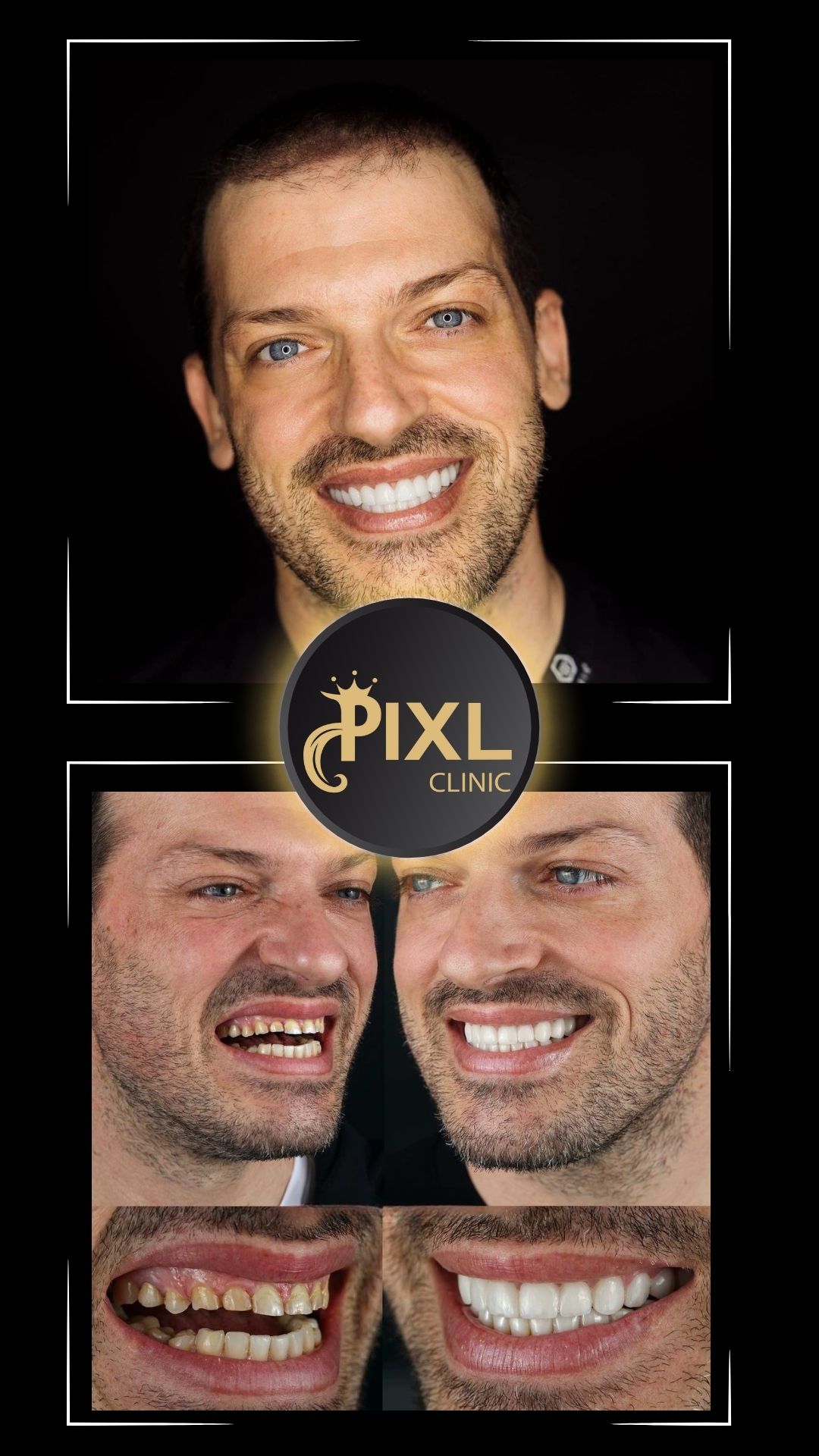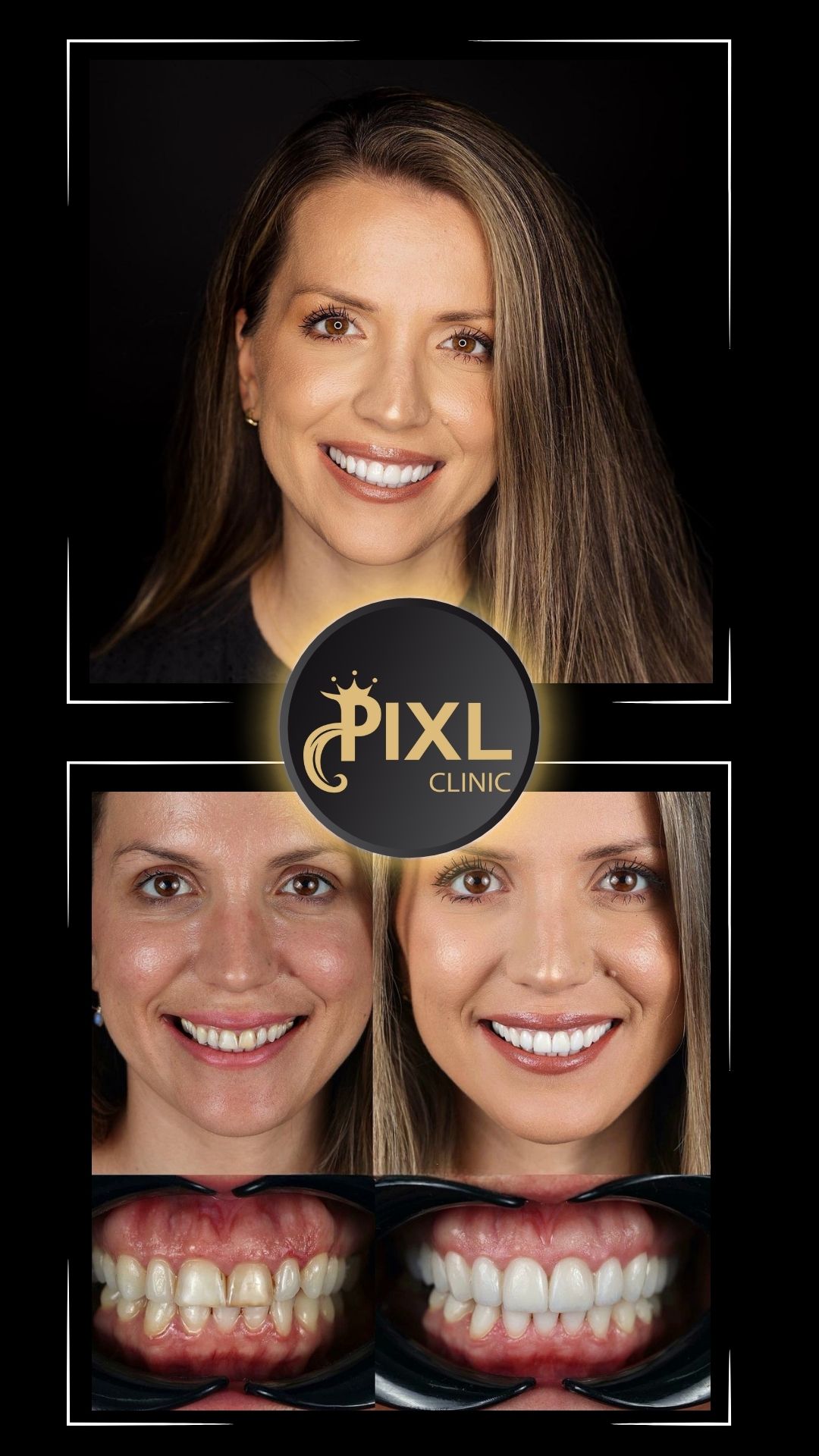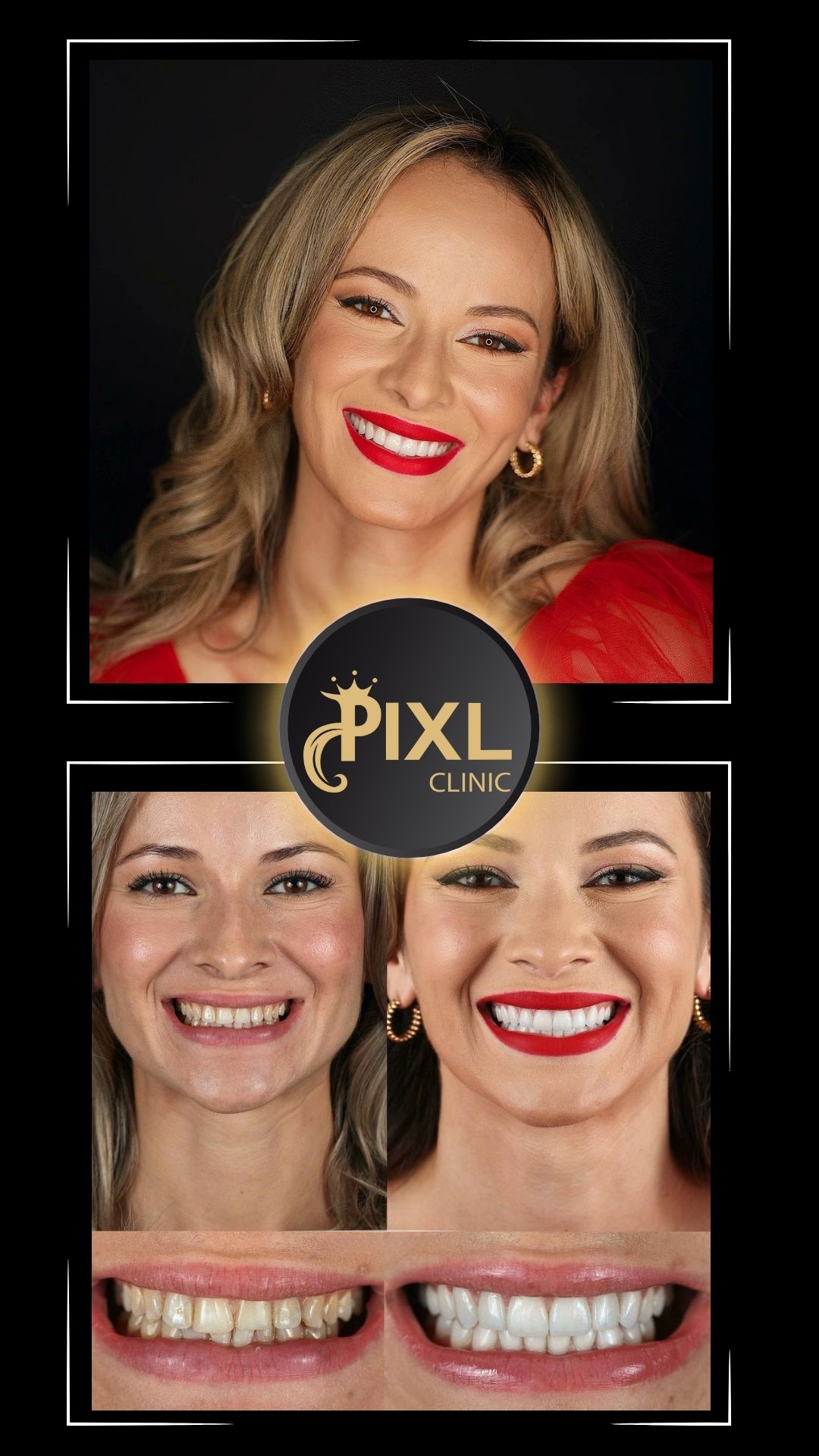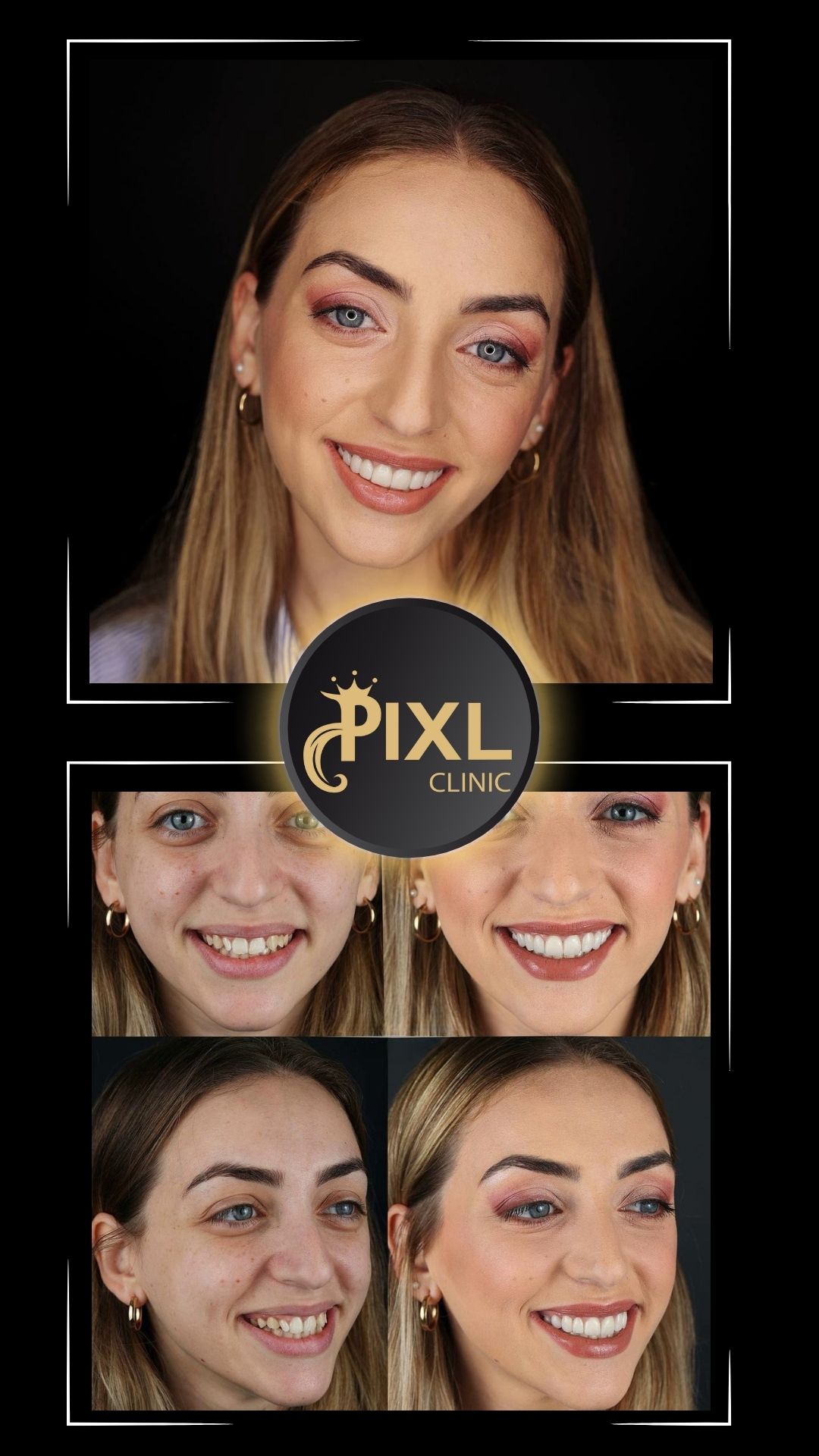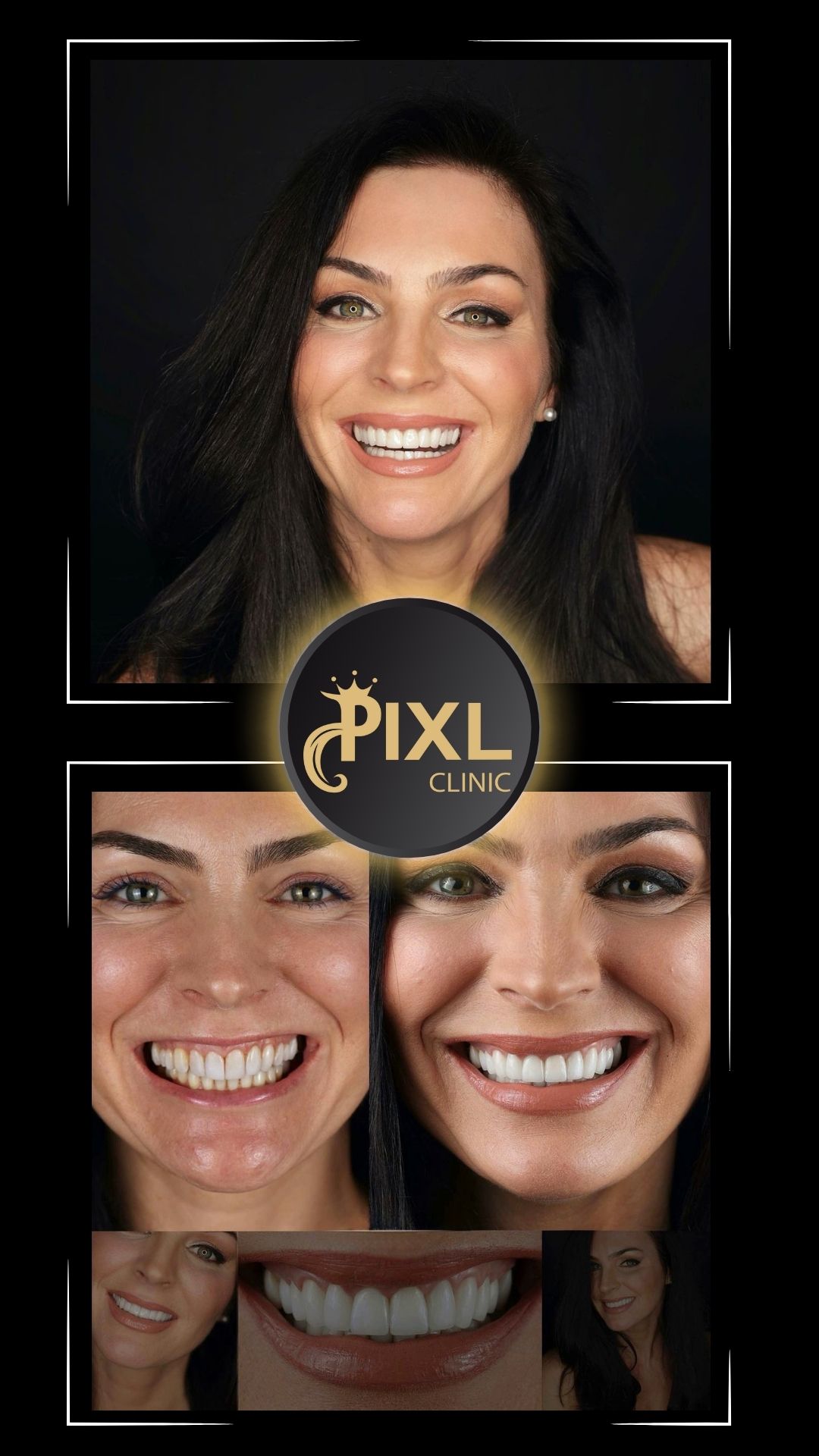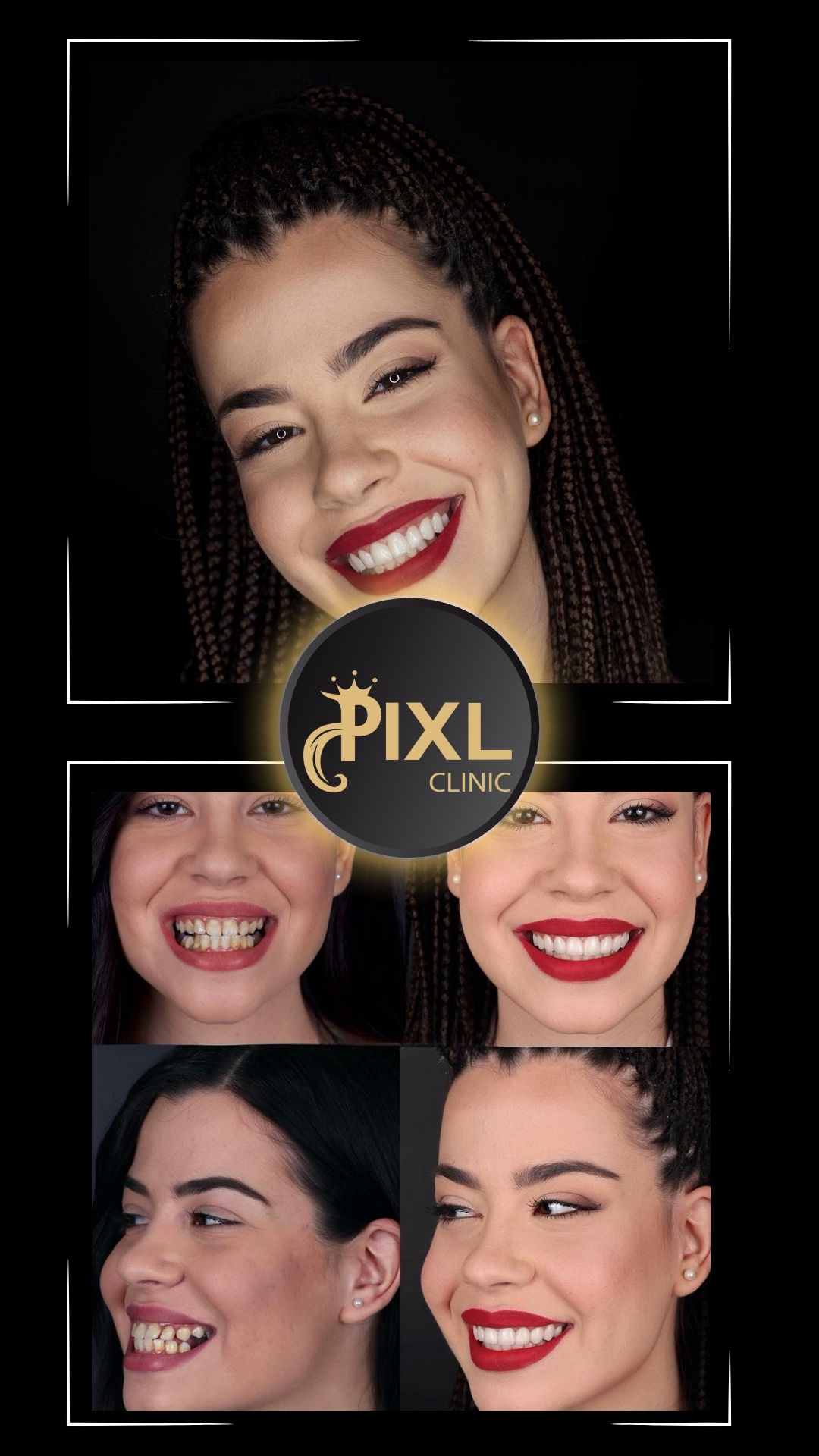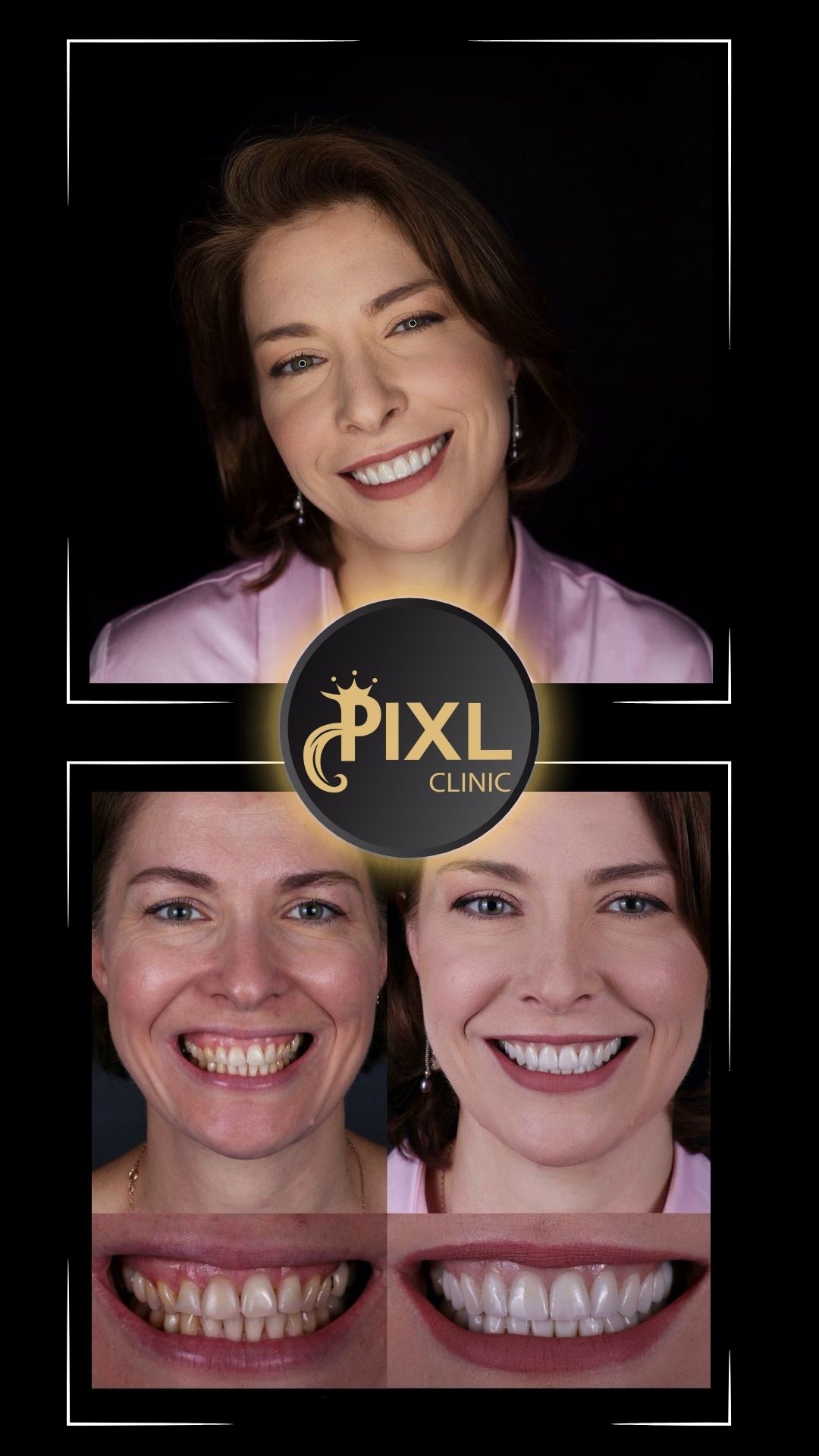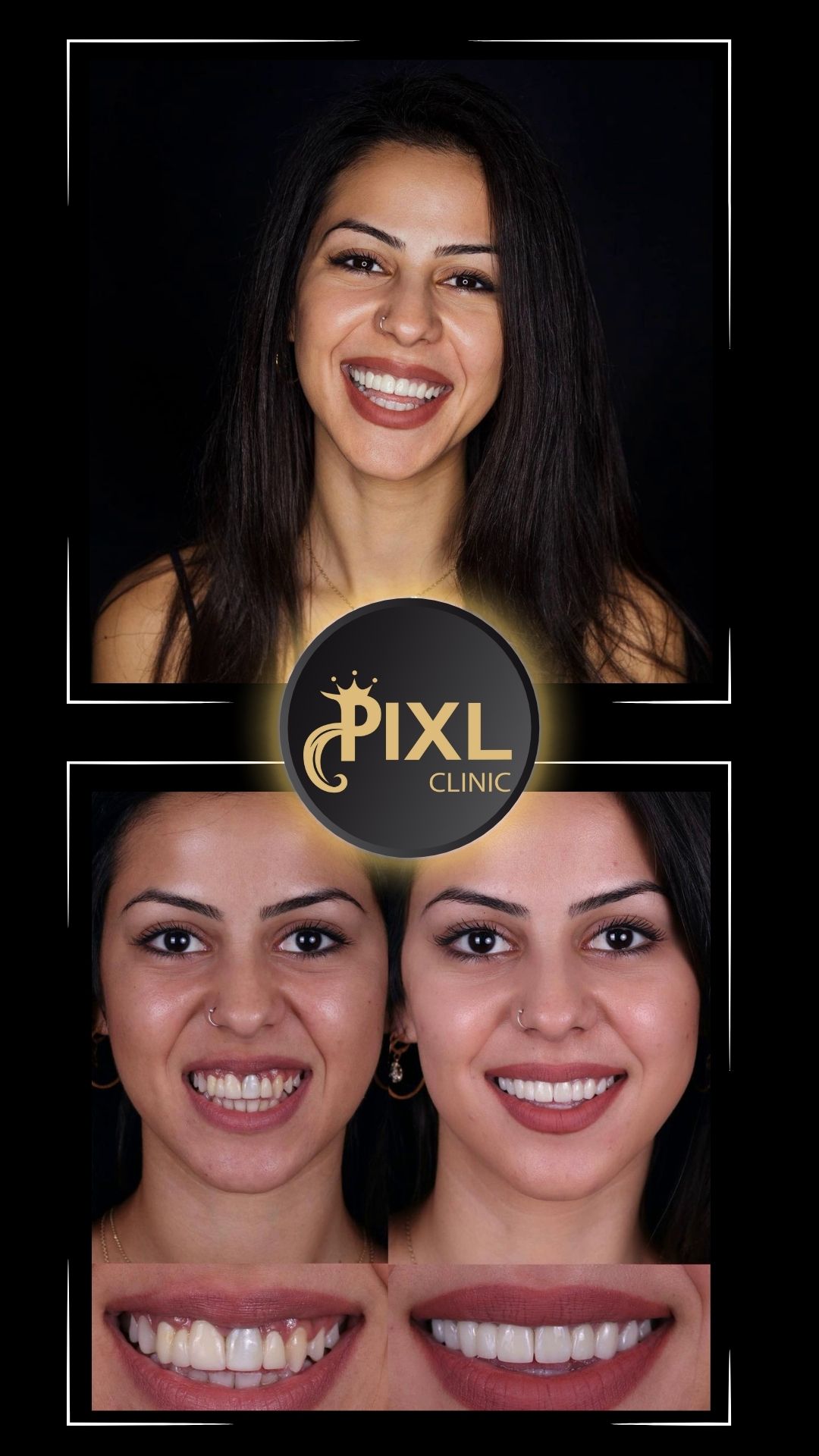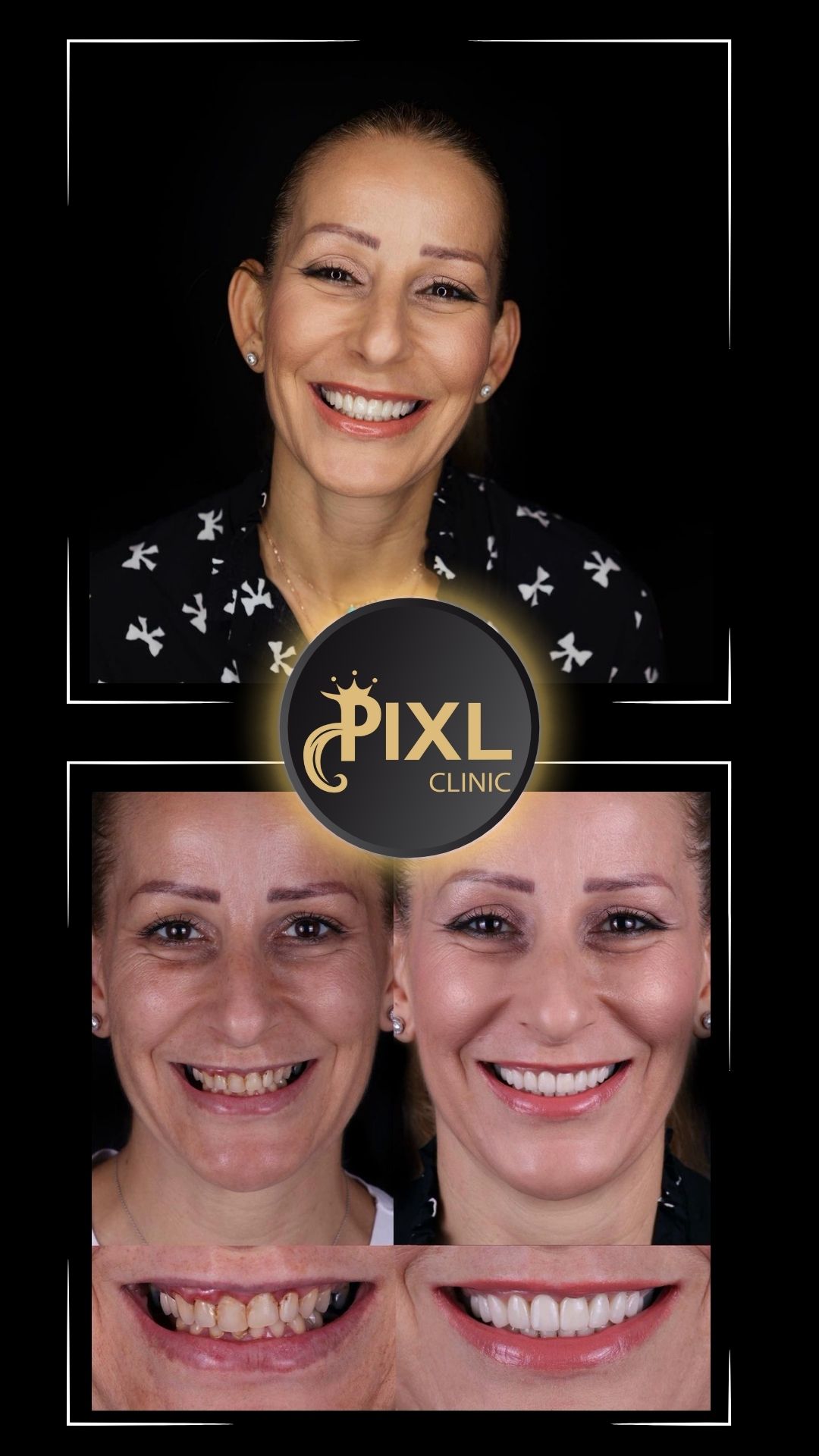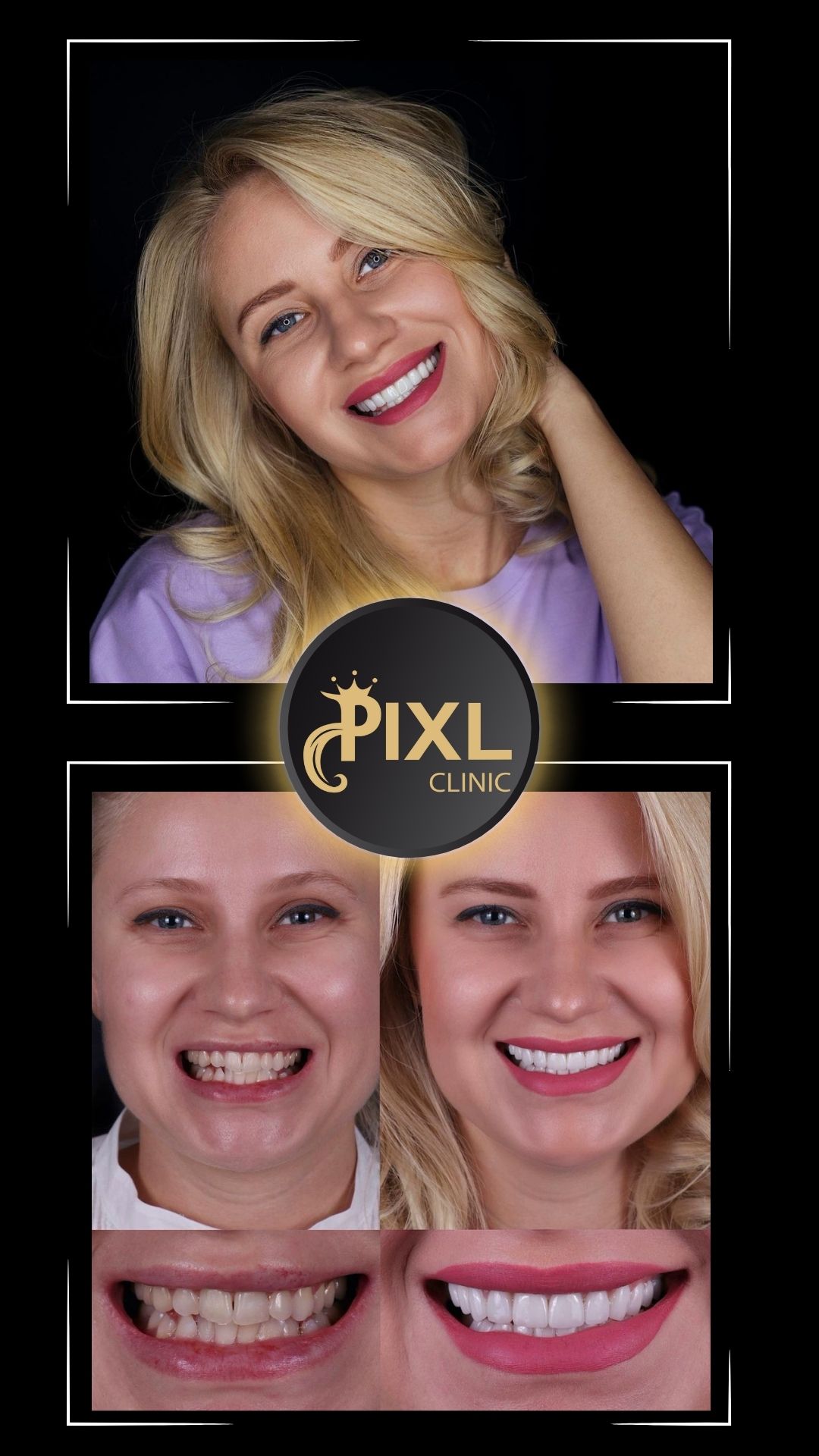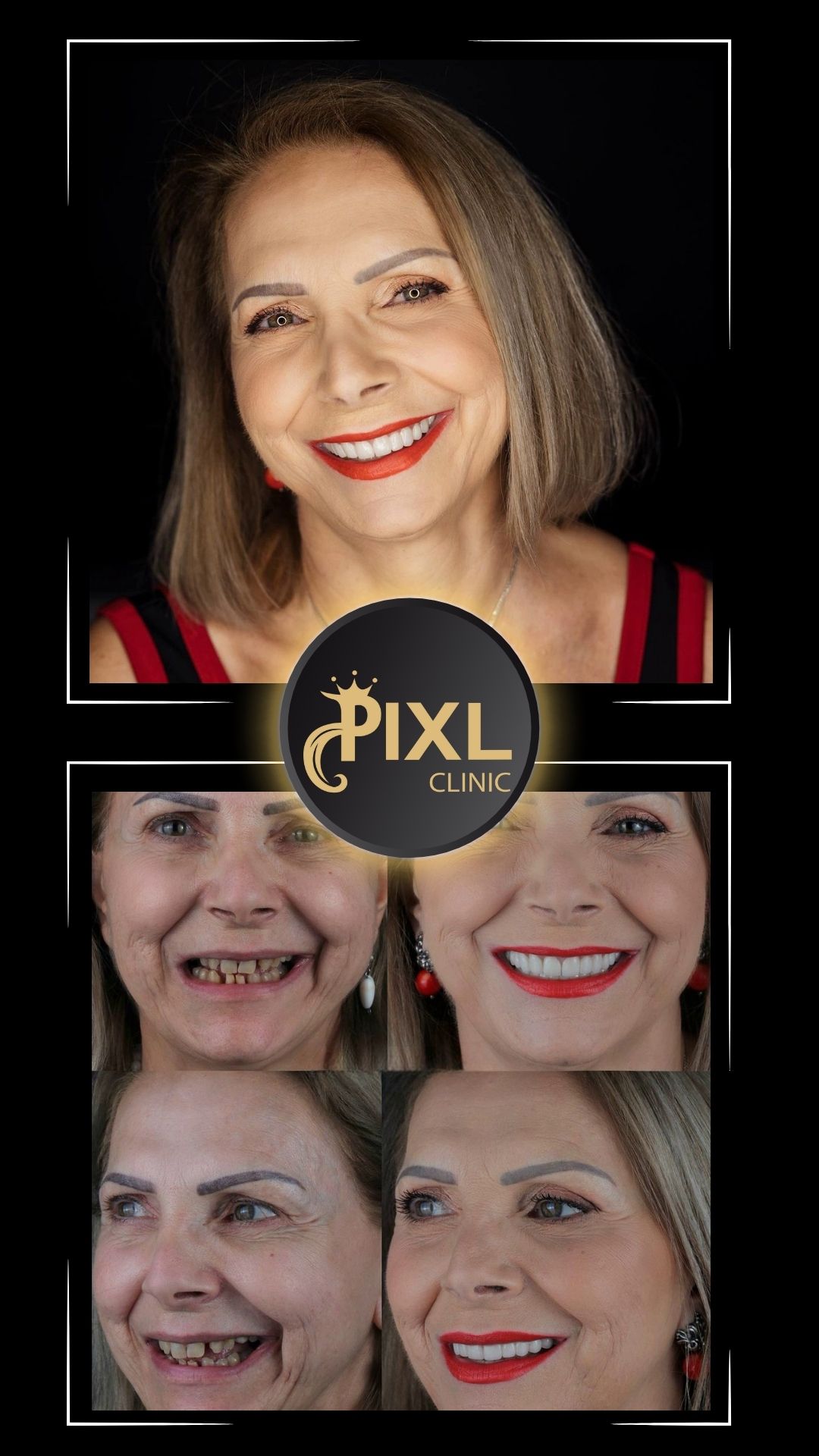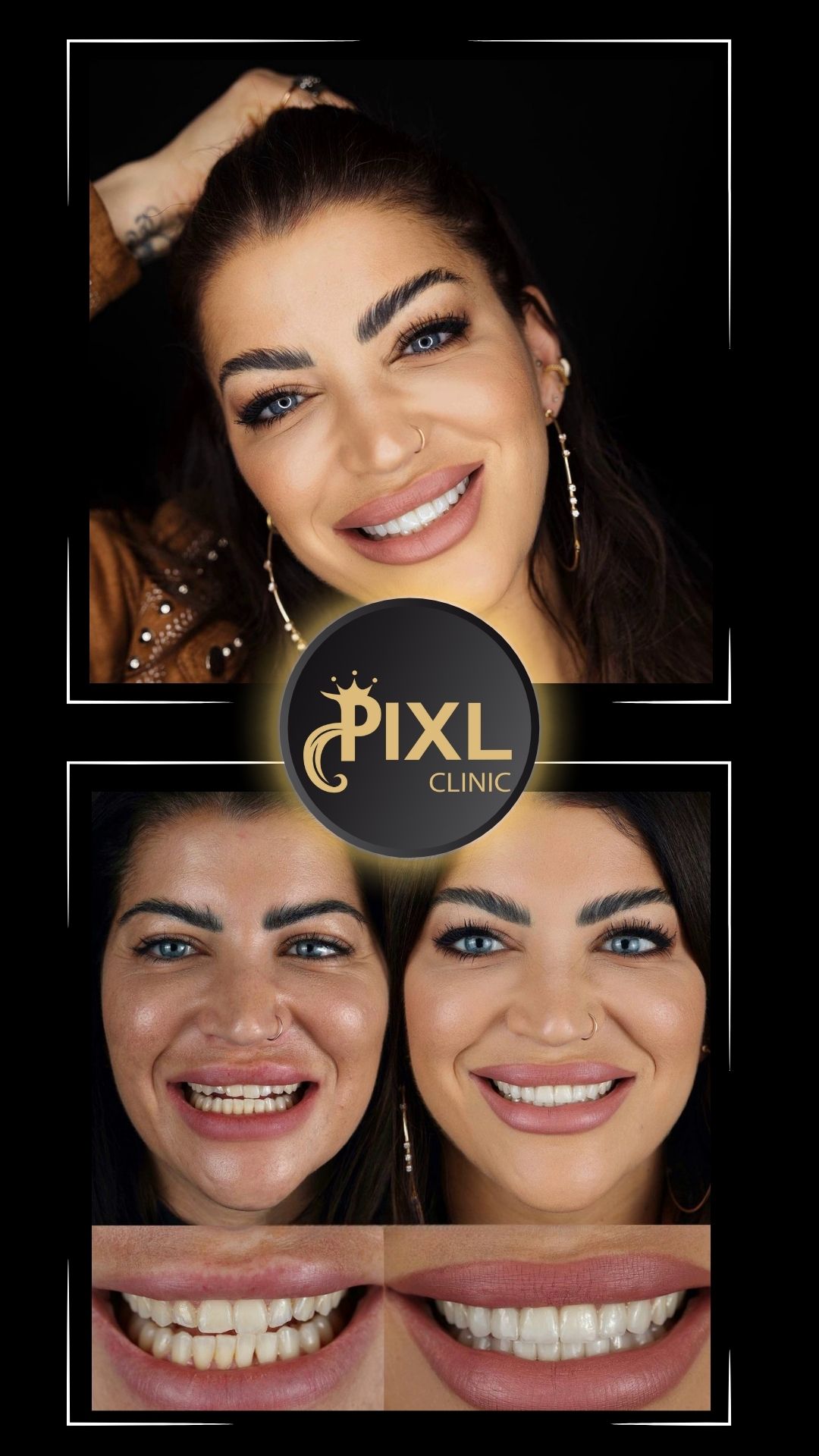Key Differences Between Teeth Bonding and Veneers Procedure
When it comes to enhancing the appearance of your smile, teeth bonding and veneers are two popular cosmetic dentistry options. Both can improve the shape, size, and color of teeth, but they differ in materials, application methods, durability, and cost. Understanding these differences can help you decide which procedure suits your needs. Here’s a detailed comparison of teeth bonding and veneers:

Material and Appearance
- Teeth Bonding: Bonding uses a composite resin material that is applied directly to the tooth surface. The resin is shaped and polished to match the natural appearance of your teeth. While it can provide a natural look, it may not be as translucent or lifelike as veneers.
- Veneers: Veneers are thin shells made of porcelain or ceramic that are custom-crafted to cover the front surface of the tooth. Porcelain veneers are more durable and mimic the light-reflecting properties of natural teeth, offering a superior aesthetic result.
Procedure
- Teeth Bonding: Bonding is a straightforward, minimally invasive procedure. The dentist applies the resin, shapes it, and hardens it with a special light. It typically doesn’t require anesthesia unless used to fill cavities or repair significant damage. The procedure usually takes 30 to 60 minutes per tooth.
- Veneers: Getting veneers involves more steps and is typically a multi-visit process. The dentist removes a thin layer of enamel from the tooth to make space for the veneer, takes an impression, and sends it to a lab. Temporary veneers may be applied while the custom veneers are being fabricated, which usually takes 1-2 weeks. Once ready, the veneers are bonded to the teeth.
Durability and Longevity
- Teeth Bonding: Bonding is less durable and more prone to chipping or staining over time. On average, it lasts 3 to 10 years with proper care.
- Veneers: Veneers are more durable and resistant to stains due to their porcelain material. With good oral hygiene, they can last 10 to 15 years or longer.
Maintenance and Aftercare
- Teeth Bonding: Bonding requires regular dental hygiene and avoidance of hard foods that could chip the material. It may need periodic touch-ups to maintain its appearance.
- Veneers: Veneers require similar maintenance to natural teeth. Good brushing and flossing habits, along with regular dental check-ups, are essential. Avoiding habits like teeth grinding can prolong their lifespan.
Applications and Suitability
- Teeth Bonding: Bonding is ideal for minor cosmetic issues like small chips, cracks, or discolorations. It’s also a good option for people who want a quick fix or are on a budget.
- Veneers: Veneers are better suited for more significant cosmetic concerns, such as severe discoloration, misalignment, or gaps between teeth. They’re often chosen by individuals seeking a complete smile makeover.
Which Option is Right for You?
The choice between teeth bonding and veneers depends on your cosmetic goals, budget, and the condition of your teeth. Bonding is a quick, cost-effective solution for minor imperfections, while veneers offer a more durable, transformative result for those seeking a perfect smile.
Consulting with a qualified dentist is the best way to determine which procedure aligns with your needs and lifestyle. A professional assessment will ensure you make an informed decision for a beautiful, lasting smile.
FAQ: Teeth Bonding vs. Veneers
What are teeth bonding and veneers?
- Teeth Bonding: A cosmetic procedure where a tooth-colored composite resin is applied to the teeth to correct minor imperfections like chips, cracks, or discoloration.
- Veneers: Thin, custom-made porcelain or ceramic shells that are bonded to the front surface of teeth to improve their shape, size, and color.
Which procedure is faster?
- Teeth Bonding: Typically completed in a single visit, usually within 30-60 minutes per tooth.
- Veneers: Requires multiple visits since custom veneers are crafted in a lab. The process usually takes 1-2 weeks.
How long do the results last?
- Teeth Bonding: Lasts 3 to 10 years with proper care but may require touch-ups over time.
- Veneers: Lasts 10 to 15 years or longer with good oral hygiene and care.
Which option looks more natural?
- Teeth Bonding: Offers a natural appearance but may not match the translucency and shine of natural teeth as closely as veneers.
- Veneers: Provide a more lifelike and polished finish, closely mimicking the appearance of natural teeth.
Are the procedures reversible?
- Teeth Bonding: Yes, bonding is reversible since it doesn’t involve enamel removal.
- Veneers: Generally irreversible, as a thin layer of enamel is removed during the preparation process.
Are both procedures suitable for everyone?
- Teeth Bonding: Ideal for minor imperfections like chips, cracks, and small gaps. It’s not recommended for severe cosmetic concerns.
- Veneers: Suitable for individuals with more extensive cosmetic issues such as severe discoloration, gaps, or uneven teeth.
Which option is better for stained teeth?
- Teeth Bonding: Works well for minor discoloration but can stain over time.
- Veneers: Resistant to staining and better for severe discoloration or long-lasting results.
Is one option more durable than the other?
- Teeth Bonding: Less durable and more prone to chipping and wear.
- Veneers: More durable and resistant to stains and damage due to their porcelain material.
How do I care for bonded teeth or veneers?
- For both bonding and veneers, follow these tips:
- Maintain regular brushing and flossing.
- Avoid biting hard objects (e.g., ice or pens).
- Wear a mouthguard if you grind your teeth.
- Visit your dentist regularly for check-ups.
How do I choose between the two?
- Consider teeth bonding for quick, minor cosmetic fixes at a lower cost.
- Opt for veneers if you’re looking for a long-lasting, dramatic transformation and are willing to invest in a premium option.
Can bonding or veneers fix crooked teeth?
- Teeth Bonding: Can address minor alignment issues.
- Veneers: More effective for moderate misalignment and can create the appearance of straight, evenly spaced teeth.
Which option requires less maintenance?
- Both require similar maintenance, but veneers generally stay looking better over time as they resist staining and wear better than composite bonding.

